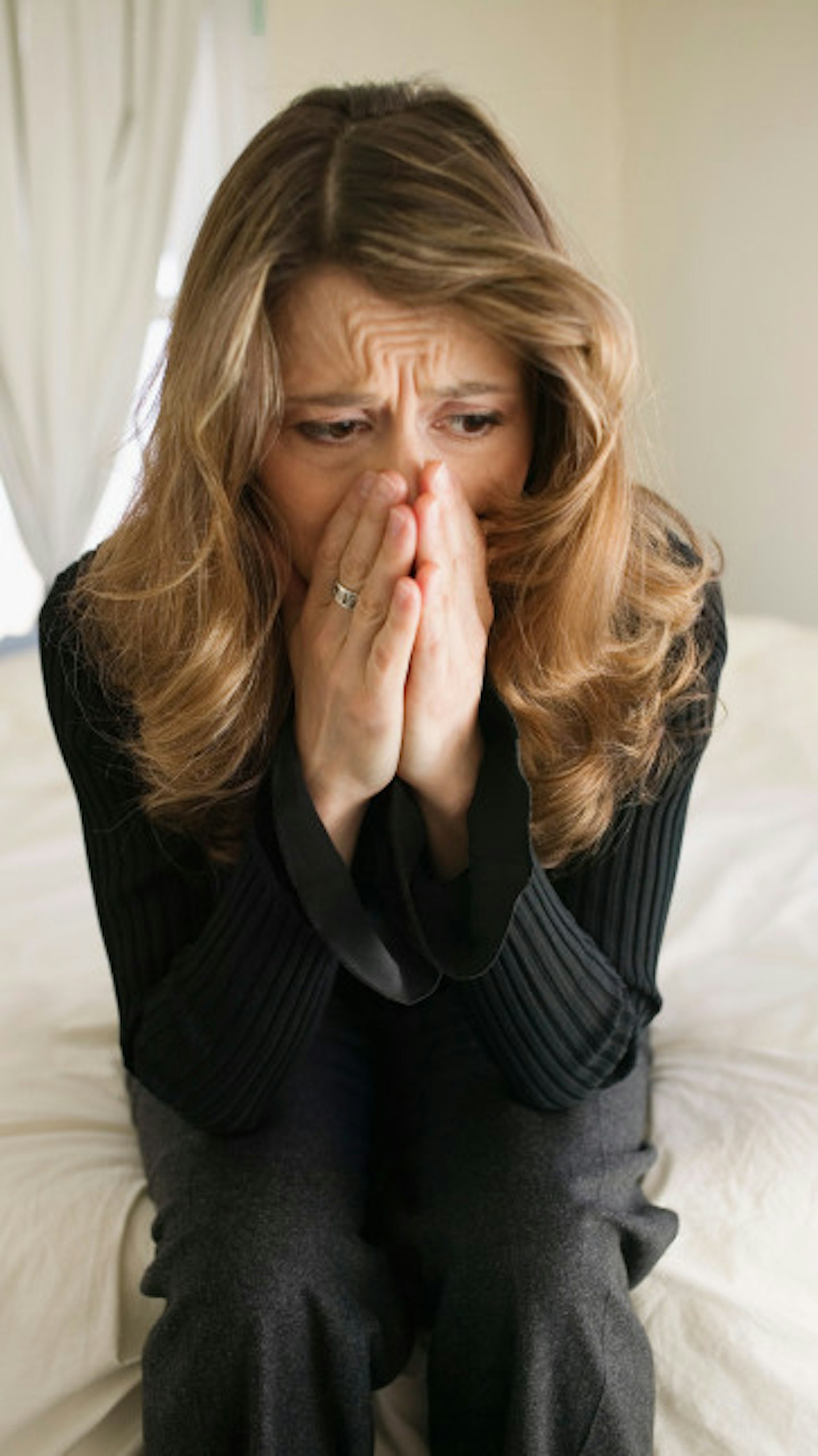Anxiety is a a health condition suffered by millions of Brits every year. Almost everyone will suffer from symptoms of anxiety at some point in their lifetime.
We are each designed to face threatening situations with our inbuilt ‘fight or flight’ mode.
Anxiety occurs when our body goes into ‘fight or flight’ mode without any apparent trigger. Many sufferers can feel symptoms of anxiety- or even a full blown panic attack- come on when they’re simply doing the weekly shop or taking the train to work.
Here are the physical symptoms to look out for if you’re suffering from anxiety
Sweating
Pounding heart/fast heart rate
Stomach upset
Dizziness
Tremors and/or twitches
Headaches
Insomnia
Tiredness/fatigue
Panic attacks (feelings of overwhelming anxiety accompanied by dizziness, nausea, racing pulse and sometimes fainting)

You may also suffer from emotional symptoms such as:
Trouble concentrating
Feeling tense/jumpy
Feelings of dread/apprehension
Irritability
Restlessness
Feeling like your mind’s gone blank
If you feel you are suffering from mild symptoms of anxiety, there ARE things you can do to try and help yourself.
Self help steps include:
Writing down your worries
Giving yourself an ‘anxiety worry period’ for 10 minutes each day
Relaxation techniques
Eating healthily
Reduce alcohol intake
Quit smoking
Get regular exercise
Try and get enough sleep
For many people, seeking professional treatment can help them combat their feelings of anxiety and take back control of their lives, even if only for brief intervals.

Cognitive-behaviour therapy
CBT helps combat unhelpful thoughts and give you a forum to speak about anything that’s relevant to your anxiety. You will be taught how to cope with negative thoughts that fuel your symptoms and how to deal with feelings of anxiety.
Exposure therapy
Exposure therapy works by- as stated- ‘exposing’ the patient to their fear but in a safe and controlled environment.
Anxiety can come about as a result of stress in your life, as a result of depression or other associated mental illnesses or, quite simply, for no apparent reason at all. Everyone is different and there’s no shame in speaking to someone about how you’re feeling.
If you are worried about your mental health in any way, do no hesitate to book an appointment with your GP.
_646x363.jpg?ar=16%3A9&fit=crop&crop=top&auto=format&w=1440&q=80)